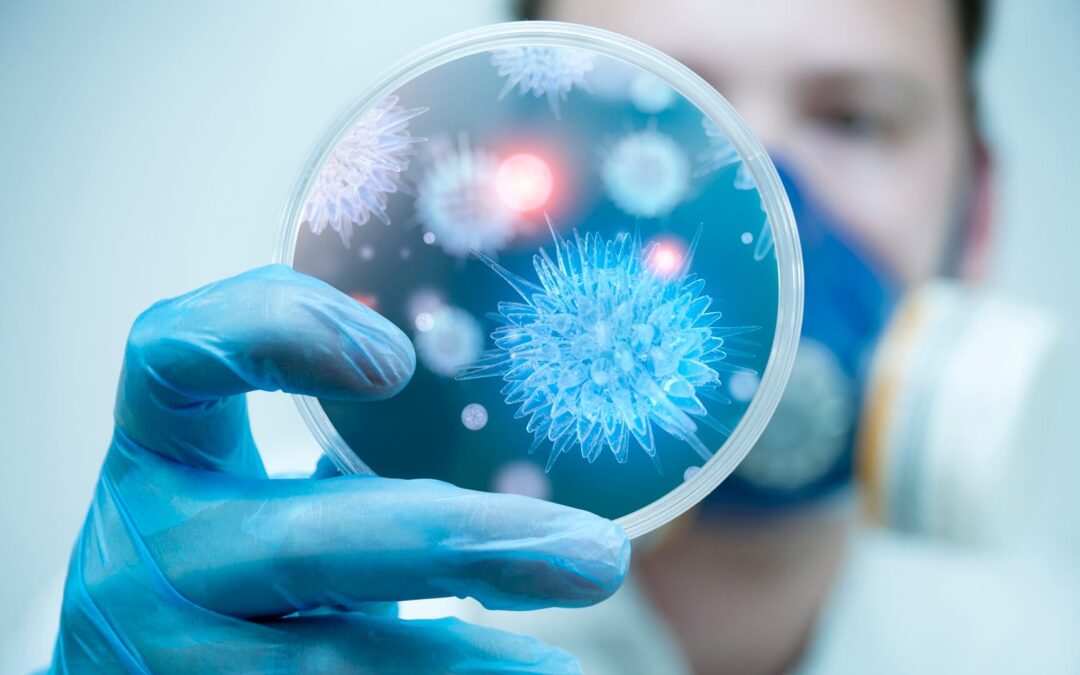
Investigadores de la Universidad de Rice, la Universidad de Texas A&M, la Universidad de Biola y la Universidad de Durham (Reino Unido) han desarrollado una molécula motorizada que puede matar eficazmente a los microbios resistentes a los antibióticos en cuestión de minutos, según un artículo reciente compartido por ScienceDaily. Estos ejercicios, que son moléculas en forma de paleta, atacan a las bacterias y, cuando se activan con luz, penetran en sus exteriores, atraviesan las paredes celulares y entregan con éxito antibióticos previamente resistentes.
James Tour, químico en el laboratorio de Rice, cree que “las nanomáquinas pueden ver su impacto más inmediato en el tratamiento de infecciones de piel, heridas, catéteres o implantes causadas por bacterias, como Staphylococcus aureus MRSA, Klebsiella o Pseudomonas, e infecciones intestinales”. Los investigadores dicen que donde sea que puedan suministrar luz, pueden atacar a las bacterias, incluso hacer que la sangre “fluya a través de una caja externa que contiene luz y luego regrese al cuerpo para matar las bacterias transmitidas por la sangre”.


Comentarios recientes